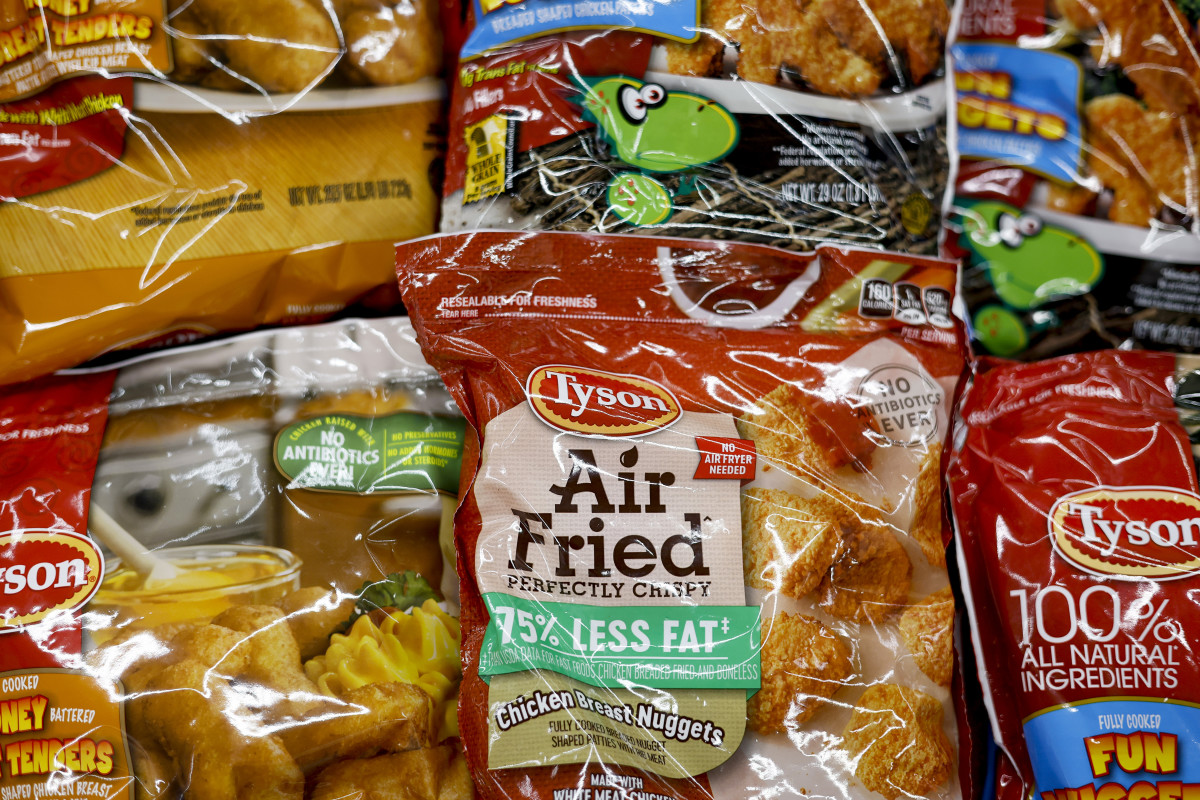
Business closings are often triggered by a variety of unpleasant circumstances.
A union strike can halt operations at a company's manufacturing facilities, which is what happened recently with the Big 3 automakers. A Chapter 11 bankruptcy can lead a business to reject leases of its offices or retail stores and close locations, similar to what Rite Aid has done.
Companies also will sometimes close manufacturing plants or other business units to cut costs and expenses without filing for bankruptcy.
Related: Tyson Foods gains despite muted beef sales, 2023 revenue forecast
The Big 3 automakers General Motors GM, Ford F and Stellantis STLA shut operations at manufacturing plants for almost a month and a half after the United Auto Workers called for a strike against the three companies on Sept. 15, then reached a tentative agreement on Oct. 30.
Giant drug retailer Rite Aid WBA on Oct. 15 filed for Chapter 11 protection with a motion to close 154 stores, which it expanded to a total of 178 on Nov. 2. The company reportedly plans to close 400 to 500 of its 2,200 stores.
Tyson closed six poultry plants earlier this year
Tyson Foods earlier this year closed six poultry processing plants across its company. In March, it closed plants in Van Buren, Ark., and Glen Allen, Va., before closing four more facilities in August in North Little Rock, Ark.; Corydon, Ind.; Dexter, Mo.; and Noel, Mo., Food Business News reported.
The Springdale, Ark., poultry producer in October also laid off 250 workers at its Wilkesboro, N.C., poultry plant, though the facility remains open. Tyson isn't finished with poultry plant closings as it confirmed with food industry publications on Nov. 9 that it was shutting down more facilities to reduce costs.

Tyson closing plants in Florida, South Carolina
The company said that it would close its Jacksonville, Fla., plant in January, where 219 jobs will be lost, and cease operations at its Columbia, S.C., plant. The company says that it will make every effort to find other openings at the company to accommodate employees at these two facilities.
“We are making the difficult decision to close two of our case ready value-added plants,” Tyson Foods said in a statement. “We understand the impact of this decision on our team members. We will make every effort to offer them opportunities to remain with the company at other locations and will partner with state and local officials to provide additional resources. With a focus on optimizing our operational footprint, we are reallocating resources to operate as efficiently as possible, while maintaining ample capacity to serve our customers.”
Tyson reported earnings on Nov. 13 of 37 cents a share, down 77% from the same period last year but just ahead of the Wall Street consensus forecast of 29 cents share, for the three months ended in October, which was the company's fourth quarter.
Revenue fell 2.8% to $13.35 billion, missing analysts' forecast of a $13.71 billion tally. Tyson's revenue issues faced some sales declines as beef sales fell 6.7% to $5.03 billion, while pork declined 0.2% to $1.49 billion. Chicken sales , however, climbed 1.7% to $4.15 billion.







